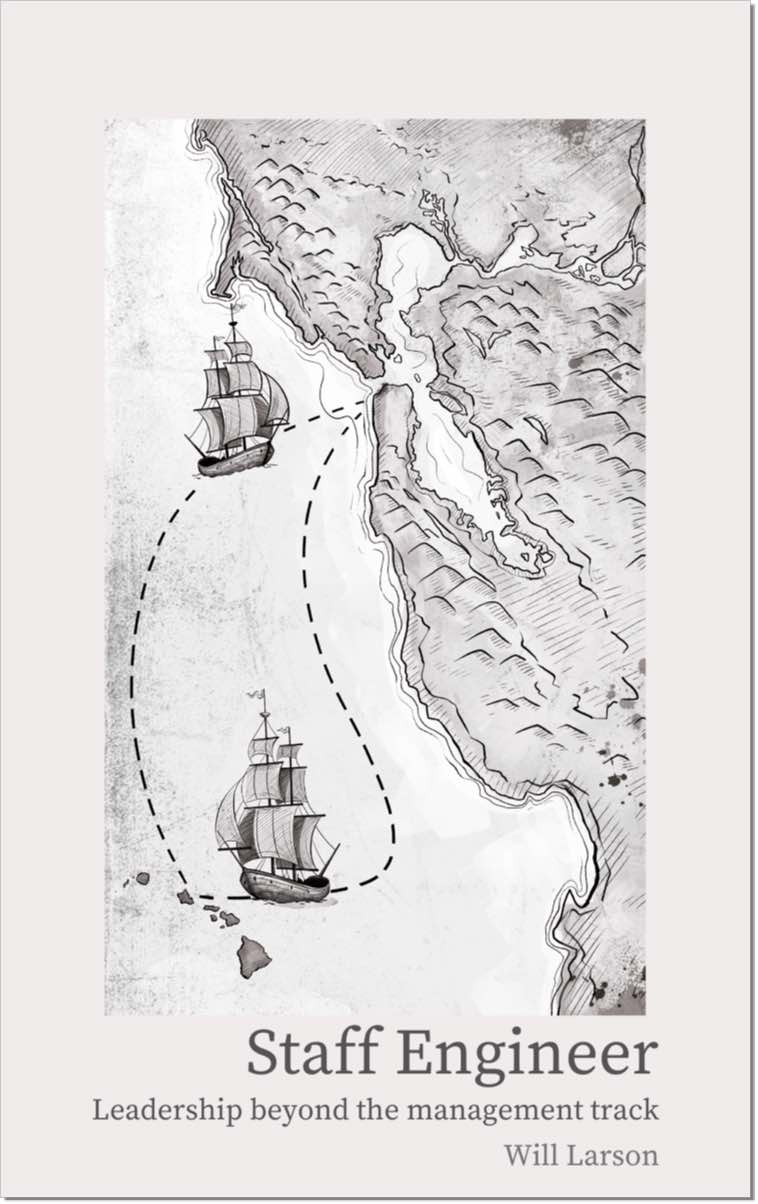
Highlights §
- If you’re continuing to advance in your career, then even as your time available for work shrinks, the expectations around your impact will keep growing. (View Highlight)
- If you’re in a well-run organization, at some point, you’re going to run out of things that are both high-impact and easy. This leaves you with a choice between shifting right to hard and high-impact or shifting down to easy and low-impact. The latter choice—easy and low-impact—is what Walk refers to as snacking. (View Highlight)
- When you’re busy, these snacks give a sense of accomplishment that makes them psychologically rewarding. Still, you’re unlikely to learn much from doing them, others are likely equally capable of completing them (and for some of them, it might be a good development opportunity), and there’s a tremendous opportunity cost versus doing something higher impact. (View Highlight)
- It’s ok to spend some of your time on snacks to keep yourself motivated between bigger accomplishments, but you have to keep yourself honest about how much time you’re spending on high-impact work versus low-impact work. In senior roles, you’re more likely to self-determine your work, and if you’re not deliberately tracking your work, it’s easy to catch yourself doing little to no high-impact work. (View Highlight)
- is doing low-impact, high-visibility work. (View Highlight)
- It’s surprisingly common for a new senior leader to join a company and immediately drive a strategy shift that fundamentally misunderstands the challenges at hand. The ghosts of their previous situation hold such a firm grasp on their understanding of the new company that they misjudge the familiar as the essential. (View Highlight)
- As a senior leader, you have to maintain a hold on your ego to avoid investing in meaningless work on a grand scale. (View Highlight)
- Taking the time to understand the status quo before shifting it will always repay diligence with results. (View Highlight)
- The first place to look for work that matters is exploring whether your company is experiencing an existential risk. Companies operate in an eternal iterative elimination tournament, balancing future success against surviving until that future becomes the present. (View Highlight)
- If something dire is happening at your company, then that’s the place to be engaged (View Highlight)
- Existential issues are usually not the most efficient place to add your efforts, but efficiency isn’t a priority when the walls are crashing down around you. You should swarm to existential problems, but if a problem isn’t existential, then you should be skeptical of adding your efforts where everyone’s already focused. (View Highlight)
- Sometimes an area that an organization doesn’t pay attention to is so important that you’re going to want to advocate for it to start paying attention. Teaching a company to value something it doesn’t care about is the hardest sort of work you can do, and it often fails, so you should do as little of it as you can, but no less. (View Highlight)
- One area that’s often underinvested in (i.e., lots of room to work in) while also being highly leveraged is growing the team around you (View Highlight)
- A surprising number of projects are one small change away from succeeding, one quick modification away from unlocking a new opportunity, or one conversation away from consensus. I think of making those small changes, quick modifications, and short conversations as editing your team’s approach (View Highlight)
- The final category of work that matters is the sort that you’re uniquely capable of accomplishing. (View Highlight)
- Whatever it is, things that simply won’t happen if you don’t do them are your biggest opportunity to work on something that matters, and it’s a category that will get both narrower and deeper the further you get into your career. (View Highlight)
- You can’t escape subjective interview practices, but you can deliberately accumulate expertise from doing valuable work. Indeed, that’s the only viable long-term bet on your career: focus on work that matters, do projects that develop you, and steer towards companies that value genuine experience. (View Highlight)
